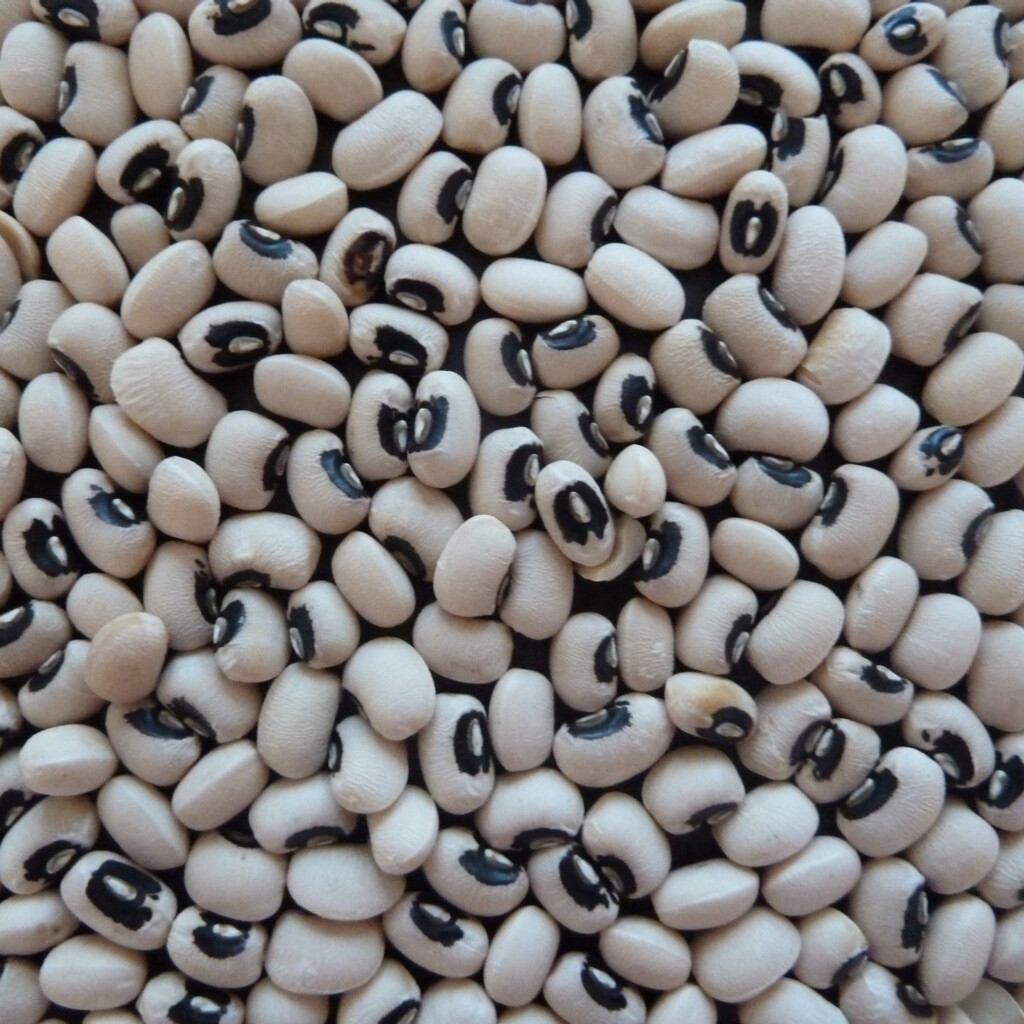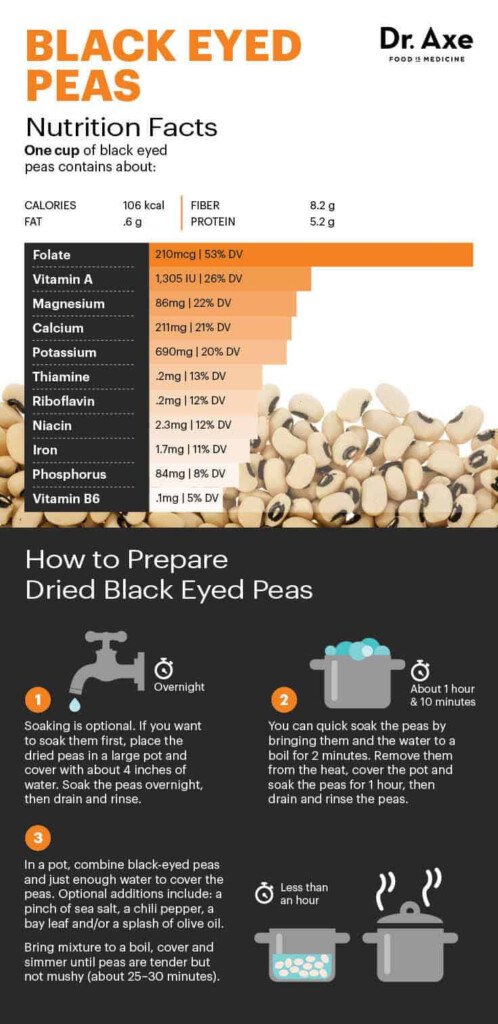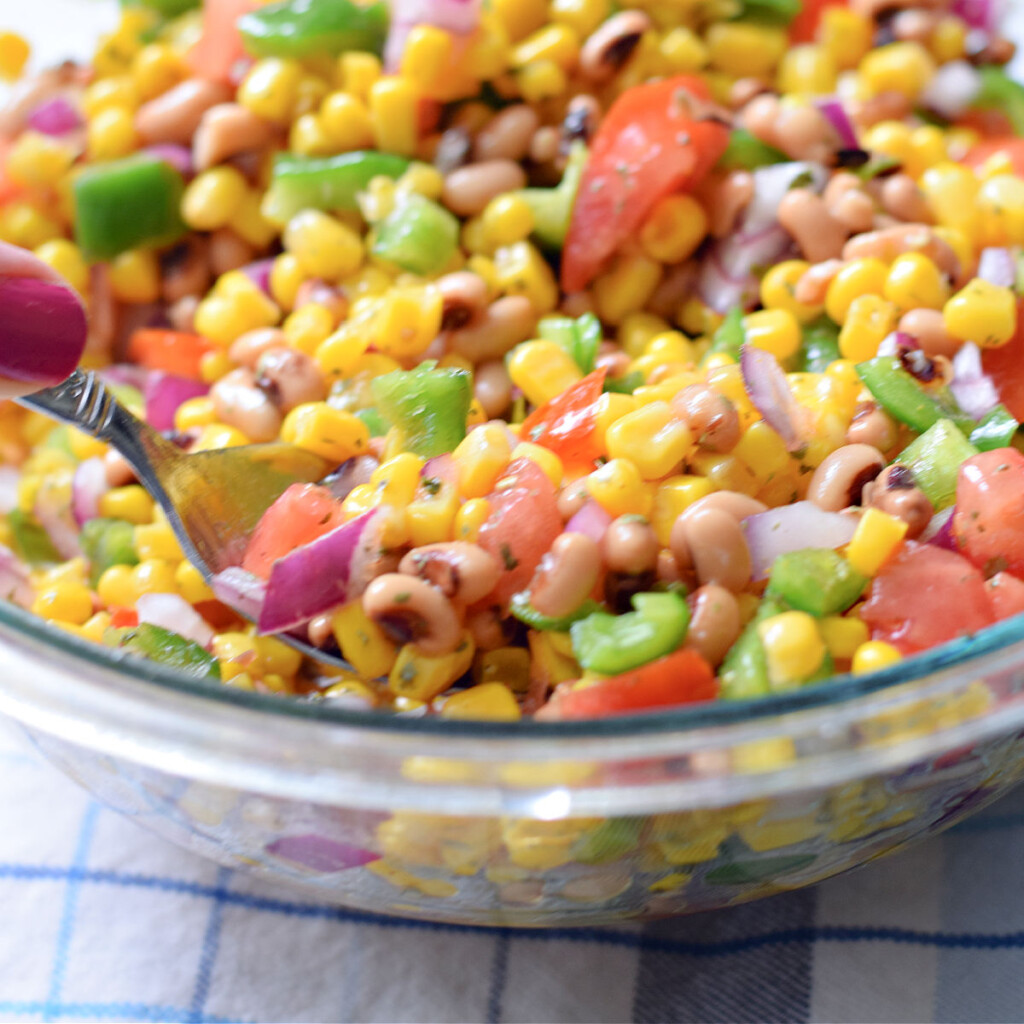Black Eyed Pea Nutritional Information
# The Nutritional Benefits of Black Eyed Peas
Black eyed peas, also known as cowpeas, are a nutritious legume that pack a powerful punch when it comes to health benefits. Rich in protein, fiber, and essential vitamins and minerals, black eyed peas are a versatile ingredient that can be enjoyed in a variety of dishes. Below, we’ll dive into the nutritional information of black eyed peas and explore why they should be a regular part of your diet.
## Protein and Fiber Content
One of the standout features of black eyed peas is their high protein content. A one-cup serving of cooked black eyed peas contains approximately 13 grams of protein, making them an excellent plant-based source of this essential nutrient. Additionally, black eyed peas are rich in dietary fiber, with around 4 grams per serving. Fiber is important for digestive health, promoting regular bowel movements and helping to reduce the risk of chronic diseases such as heart disease and diabetes.
## Vitamins and Minerals
In addition to protein and fiber, black eyed peas are packed with essential vitamins and minerals. They are a good source of folate, a B vitamin that is important for cell division and the production of DNA. Black eyed peas also contain significant amounts of iron, potassium, and magnesium. Iron is essential for the formation of red blood cells, while potassium and magnesium play crucial roles in maintaining healthy blood pressure and muscle function.
# How to Incorporate Black Eyed Peas into Your Diet
Adding black eyed peas to your diet is easy and delicious. They can be used in a variety of dishes, from soups and stews to salads and dips. Try incorporating them into your favorite chili recipe for an extra boost of protein and fiber, or mix them with fresh vegetables and herbs for a refreshing summer salad. You can also blend cooked black eyed peas with garlic, lemon juice, and olive oil to create a flavorful hummus alternative.
## Cooking Tips and Tricks
When preparing black eyed peas, it’s important to soak them overnight to help reduce cooking time and improve digestibility. After soaking, be sure to rinse the peas thoroughly before cooking to remove any dirt or debris. To cook black eyed peas, simply add them to a pot of boiling water and simmer until tender, usually around 30-45 minutes. Once cooked, black eyed peas can be stored in the refrigerator for up to 5 days or frozen for longer-term storage.
In conclusion, black eyed peas are not only delicious but also incredibly nutritious. With their high protein and fiber content, as well as their abundance of vitamins and minerals, black eyed peas are a fantastic addition to any diet. Whether you enjoy them in soups, salads, or dips, incorporating black eyed peas into your meals is a great way to boost your health and well-being.
Download Black Eyed Pea Nutritional Information
Best Black Eyed Pea Bratwurst Stew Recipes
5 Black Eyed Pea Benefits Dr Axe
Black Eyed Pea Salad Recipes Passed Down
Black Eyed Pea Soup With Greek Sausage Real Greek Recipes




